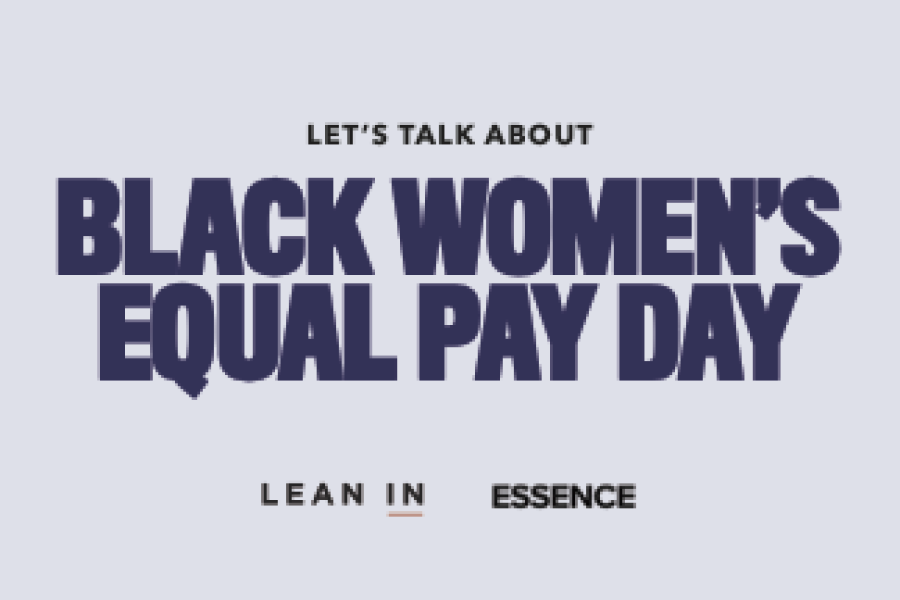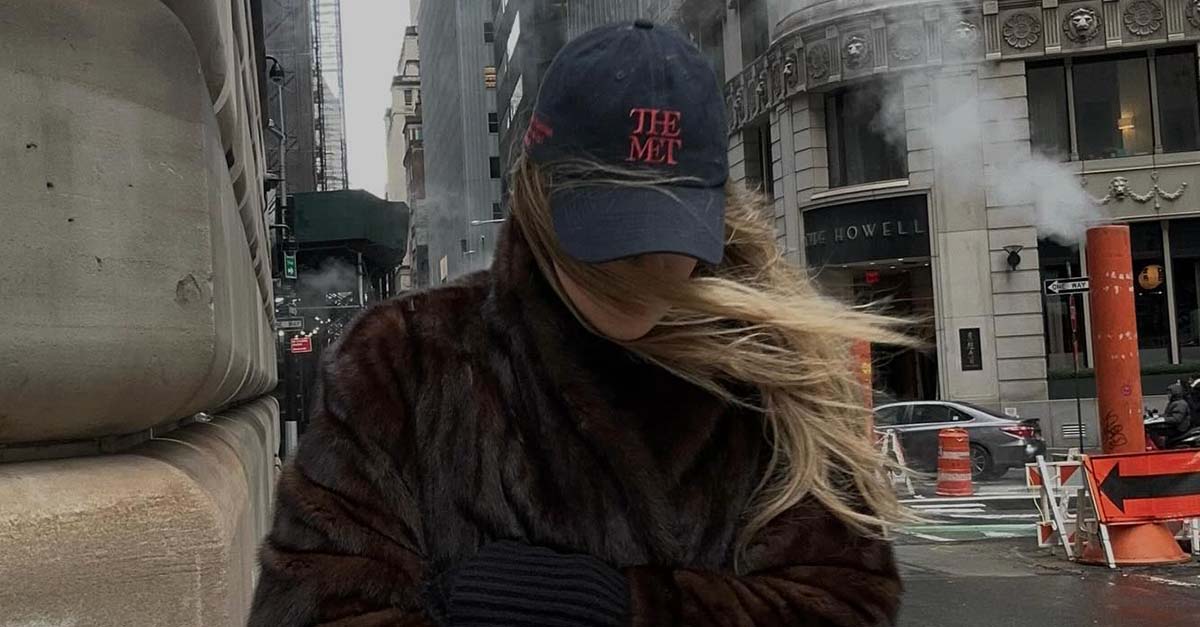
Black women own $0.08 for every dollar white men earn. What do you feel right now? If it’s alarm, you’re not alone.
This statistic is a part of a larger conversation around pay parity and how behind Black women are in the fight for financial equity. Data from the American Association of University Women analyzed how systemic racism—including years of discriminatory workplace practices, pervasive racial stereotypes and inadequate access to advancement opportunities —has led to a pay gap that’s been wedged further for Black women than for white women over time.
That’s why, on Black Women’s Equal Pay Day (Sept. 21) the ESSENCE and ‘Lean In‘ have joined forces to candidly talk about the U.S.’s dirty little open secret.
The roundtable panel includes ESSENCE’s Chief Revenue Officer Pauline Malcolm-Thornton, ESSENCE’s Chief Marketing Officer Erika Bennett, Katrina Jones, VP of People & Culture, Lean In and Nikki Tucker, Sr. Manager, Head of Social for Lean In.
Powered by research and data about the pay gap that Black Women experience, ESSENCE and ‘Lean In’ highlighted how Black women can get and remain ‘In Their Bag’ moving forward.
“Imagine having to work 9 months into 2022 to earn what white men have been paid in 2021 alone,” said Tucker in the roundtable discussion. “Well, that’s the reality for Black women in America.”
What’s especially frustrating is this large disparity isn’t reflective of a lack of merit. It’s quite the opposite actually. Take education for example. ‘Lean In’ pointed out that Black women enroll in college at higher rates than men overall and—most notably—at higher rates than white men.3 But the gap is largest for Black women who have bachelor’s degrees—they earn 36% less than white men with bachelor’s degrees on average.
In the entrepreneurial sector, Black women are the fastest growing group in the US either starting or running early-stage companies, yet they lag behind in business longevity due to lack of resources. The Harvard Business Review pointed out that in 2021, 17% of Black women were new founders of a business, as compared to just 10% of white women, and 15% of white men.
“Yet despite this early lead, only 3% of Black women are running mature businesses,” Donna Kelley, Mahdi Majbouri, and Angela Randolph wrote in their piece. To understand why this steep drop off occurs, and how to combat it, we analyzed data from interviews with more than 12,000 people, nearly 1,700 of whom identified as entrepreneurs and nearly 1,200 of whom own established businesses.
This is just one aspect of why it’s so Black Women’s Equal Pay Day is so important, and conversations like the ‘Lean In’ X ESSENCE discussion is the start of much-needed change.
Tune in.








